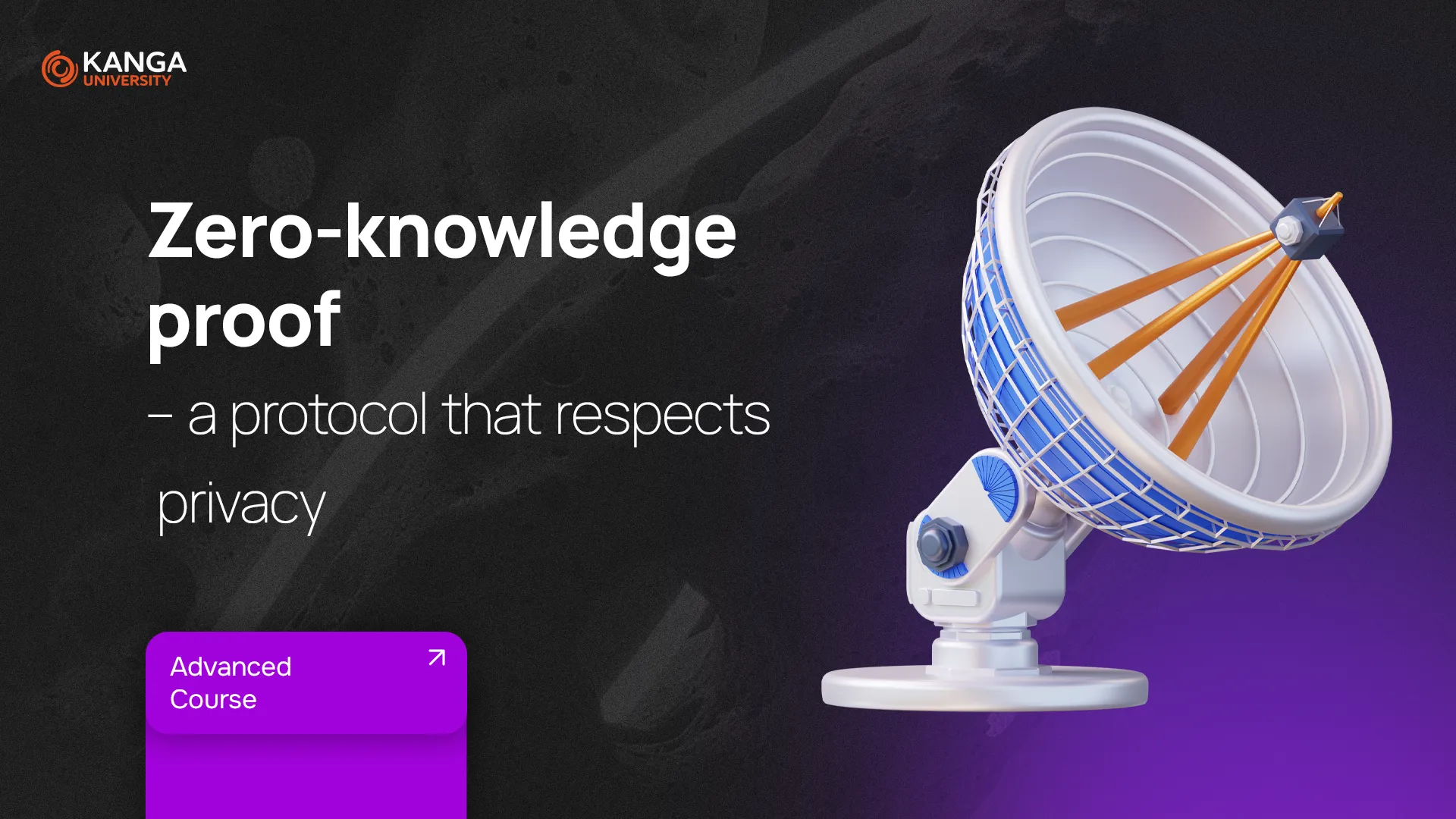
Blockchain technology offers transparency, security, and decentralization. But here’s the catch—most public blockchains (like Bitcoin and Ethereum) are not private. Anyone can look up your transactions. That’s where Zero-Knowledge Proofs, or ZKPs, come in. They’re a bit like magic in the world of cryptography: they let you prove something is true without revealing why or how.
Let’s explore how ZKPs work and why they matter for the future of privacy in Web3.
What Is a Zero-Knowledge Proof?
Imagine you want to prove to someone that you have enough money in your account to pay for dinner—but without showing them your actual balance. Sounds tricky? That’s exactly what Zero-Knowledge Proofs (ZKPs) allow you to do.
ZKP is a cryptographic method where one party (the prover) can convince another party (the verifier) that a statement is true, without revealing any details about the statement itself.
For example: With ZKP, a payment receiver could verify that a sender has enough funds, without ever seeing how much money is actually in their wallet.
Two Main Types of ZKPs
-
Interactive ZKPs: These involve a back-and-forth process. The verifier asks questions, and the prover answers, proving they know a secret without giving it away. It’s kind of like a riddle-solving session based on math.
-
Non-Interactive ZKPs: These don’t require live communication between the two parties. Instead, the prover generates a one-time proof that can be checked later. This is great for use in smart contracts and decentralized apps.
How Do We Know a ZKP Is Legit?
For a Zero-Knowledge Proof to work properly, it needs to meet three key conditions:
-
Completeness: If the prover is honest and the statement is true, the verifier can confirm that.
-
Soundness: If the prover is lying, the verifier will catch it.
-
Zero Knowledge: The verifier learns nothing beyond whether the statement is true or false. No personal data, no secrets.
ZKP: Pros and Cons
| Advantages | Drawbacks |
|---|---|
| Protects personal privacy, even on public blockchains | Requires a lot of computing power—each ZKP can need thousands of calculations |
| Doesn’t rely on complicated encryption techniques | Not quantum-resistant—future quantum computers may break ZKP systems |
| Increases blockchain scalability and efficiency | If you forget your credentials, you can lose access forever |
| Perfect for secure authentication without passwords | Often limited to numeric or math-based information |
Where Is ZKP Used?
✔ Blockchain networks: ZKP brings privacy to public blockchains. Projects like Zcash and Mina Protocol use it to hide transaction data while keeping the chain verifiable.
✔ Banking: Banks like ING have explored ZKP to let users prove creditworthiness without showing salary or account details.
✔ Authentication: ZKPs allow you to log in to systems without sharing your password—making hacking less likely.
✔ Online voting: Voters can cast ballots anonymously and still verify that their vote was counted.
✔ Machine Learning: A company can prove their AI model works without revealing the code behind it.
Summary
Zero-Knowledge Proofs are one of the most fascinating tools in modern cryptography. They’re already reshaping how we think about privacy and verification in blockchain systems. While they aren’t perfect—they require heavy computing and are still being refined—ZKPs could soon become the standard for secure digital interactions, from finance to voting to decentralized applications.
Purchase your favorite tokens on Kanga Exchange